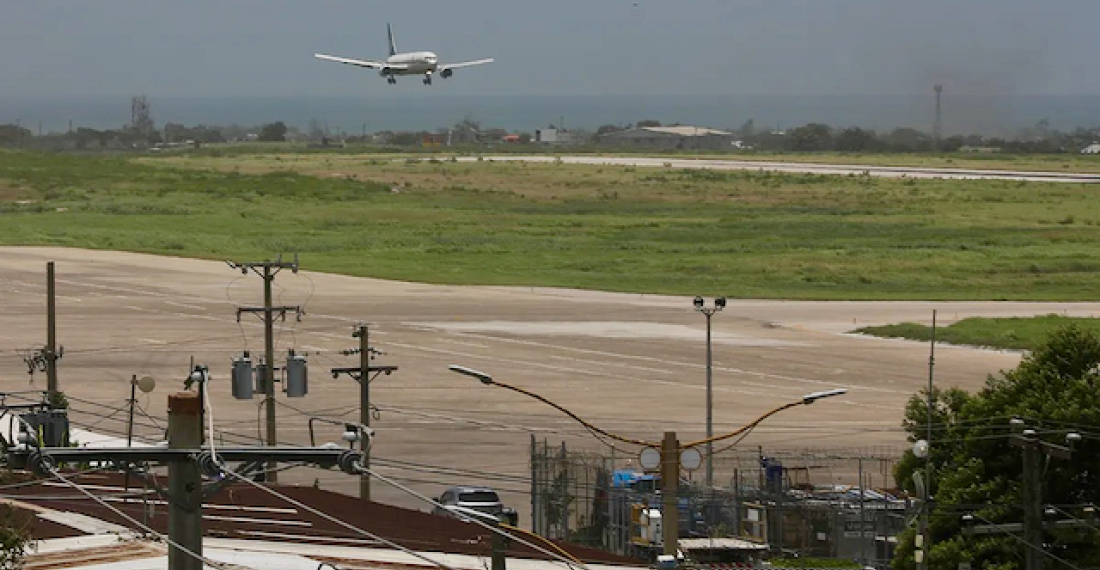Haiti’s principal international airport reopened on Monday (20 May) for the first time in nearly three months after relentless gang violence forced its closure in early March. The reopening of Toussaint-Louverture International Airport in Port-au-Prince is anticipated to alleviate a severe shortage of medications and essential supplies, as the country’s main seaport remains paralyzed. Before the reopening, the only operational airport in Haiti was in Cap-Haitien on the north coast. However, access to this airport was limited due to gang control over the roads from Port-au-Prince, where vehicles were frequently attacked.
Consequently, the U.S. government and nonprofit organizations evacuated hundreds of citizens by helicopter from a hillside neighbourhood in Port-au-Prince, as gangs besieged parts of the capital. The violence began on February 29, with gunmen seizing police stations, attacking the Port-au-Prince airport, and storming prisons, releasing over 4,000 inmates. Gangs have since extended their attacks to previously peaceful areas, displacing thousands. The United Nations reported that over 2,500 people were killed or injured from January to March, a 50% increase from the same period last year.
In recent weeks, U.S. military planes have landed at the Port-au-Prince airport with supplies and civilian contractors to help Haiti prepare for the arrival of foreign forces aimed at quelling gang violence, which controls 80% of the capital. On Sunday (19 May), Kenya’s foreign affairs principal secretary, Korir Sing’oei, announced that plans to deploy Kenyan police officers to Haiti were in the final stages and would occur within days or weeks. He confirmed that Kenyan President William Ruto would not visit Haiti, as Ruto was scheduled for an official four-day visit to the U.S. to meet President Joe Biden. In March, Kenya and Haiti signed agreements to deploy 1,000 Kenyan police officers to Haiti. Other countries expected to support the Kenyan forces include the Bahamas, Barbados, Benin, Chad, and Bangladesh, though the exact timing of their deployment remains unclear.







